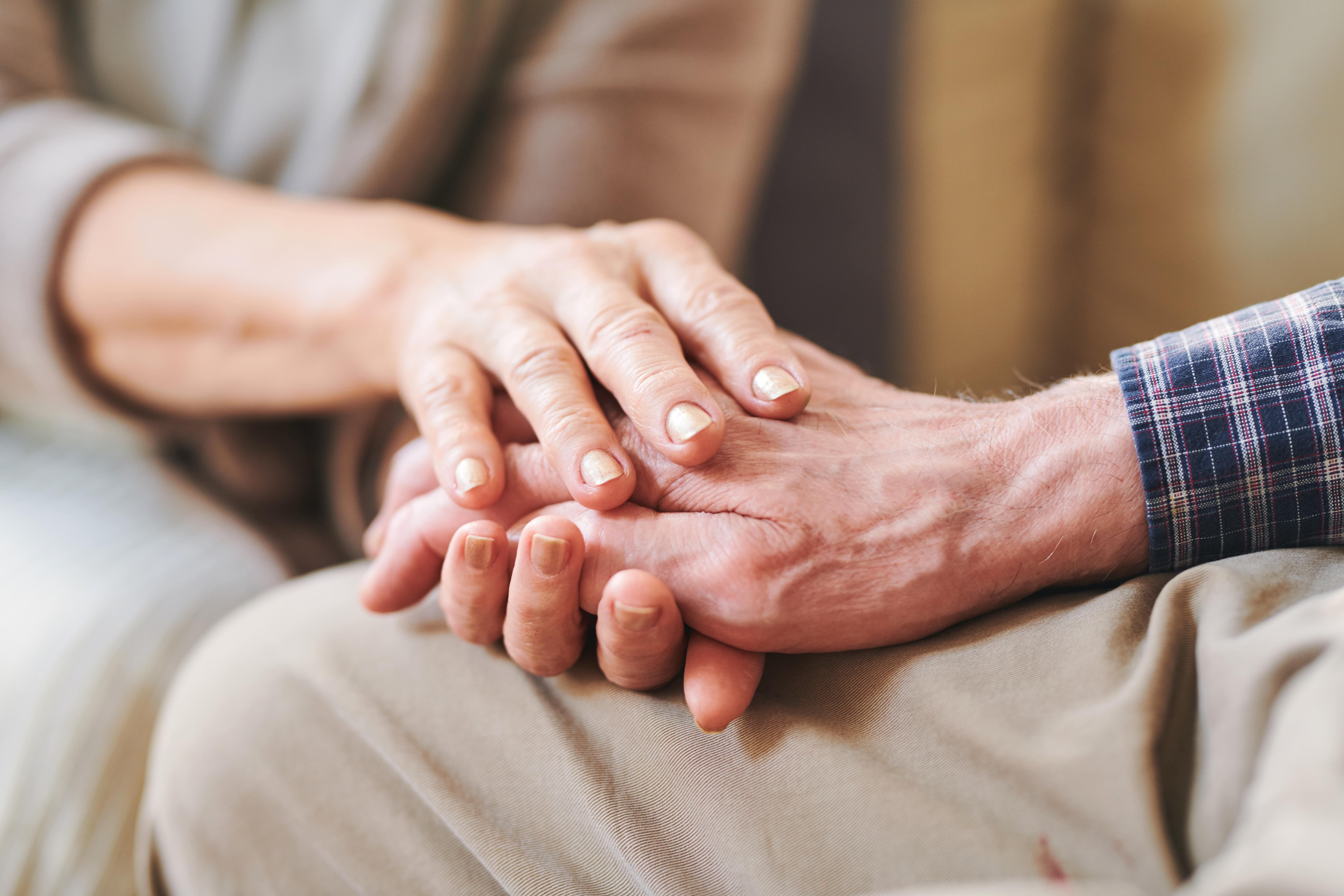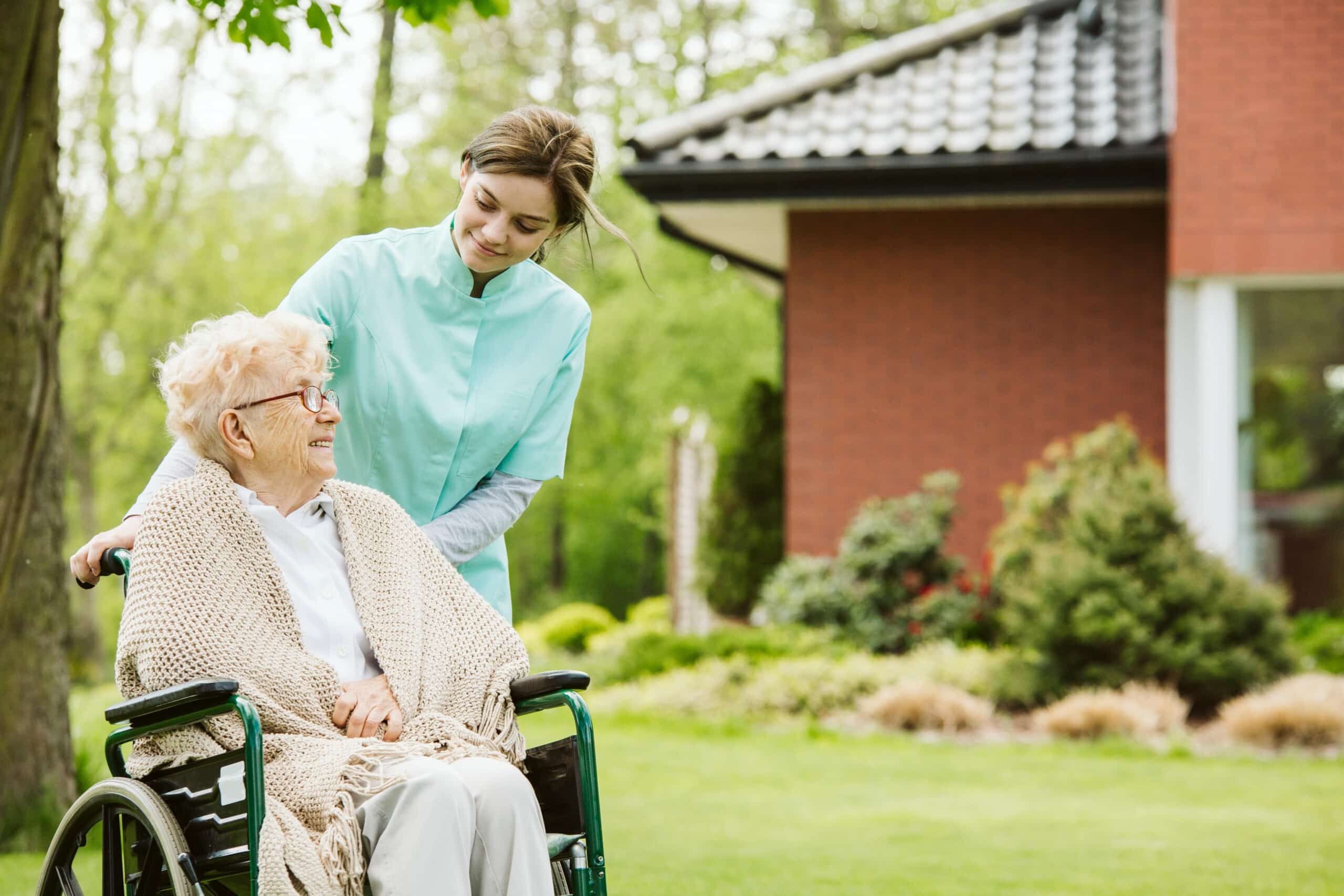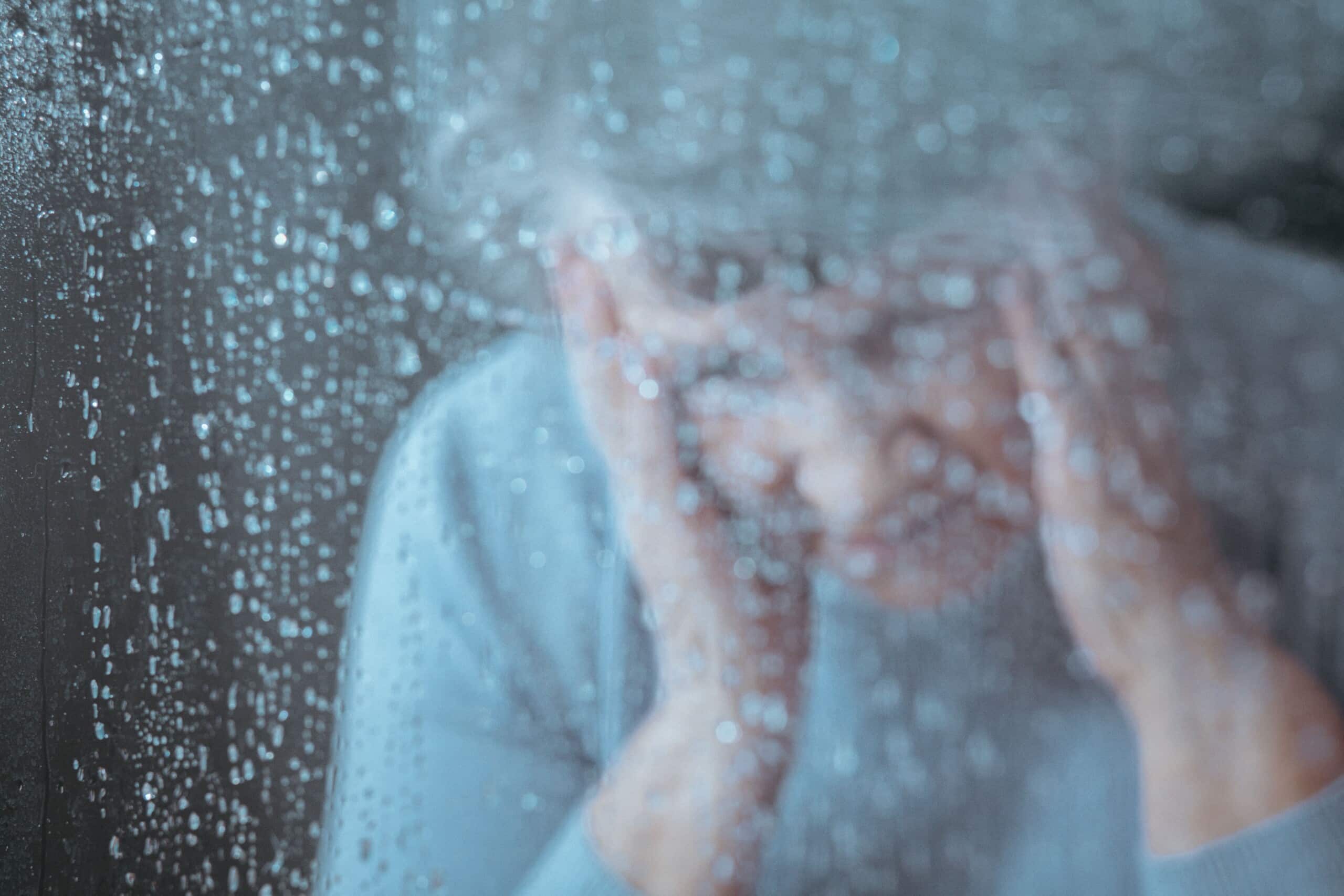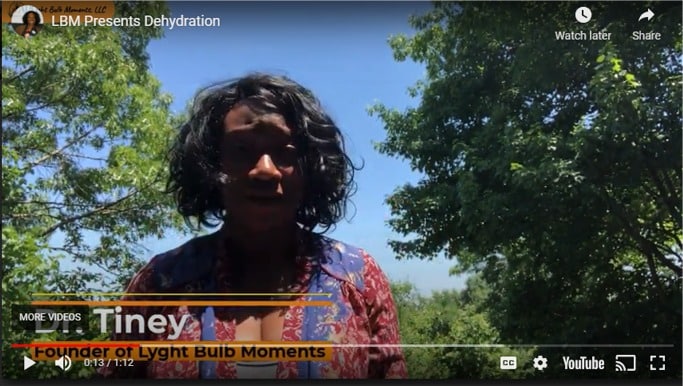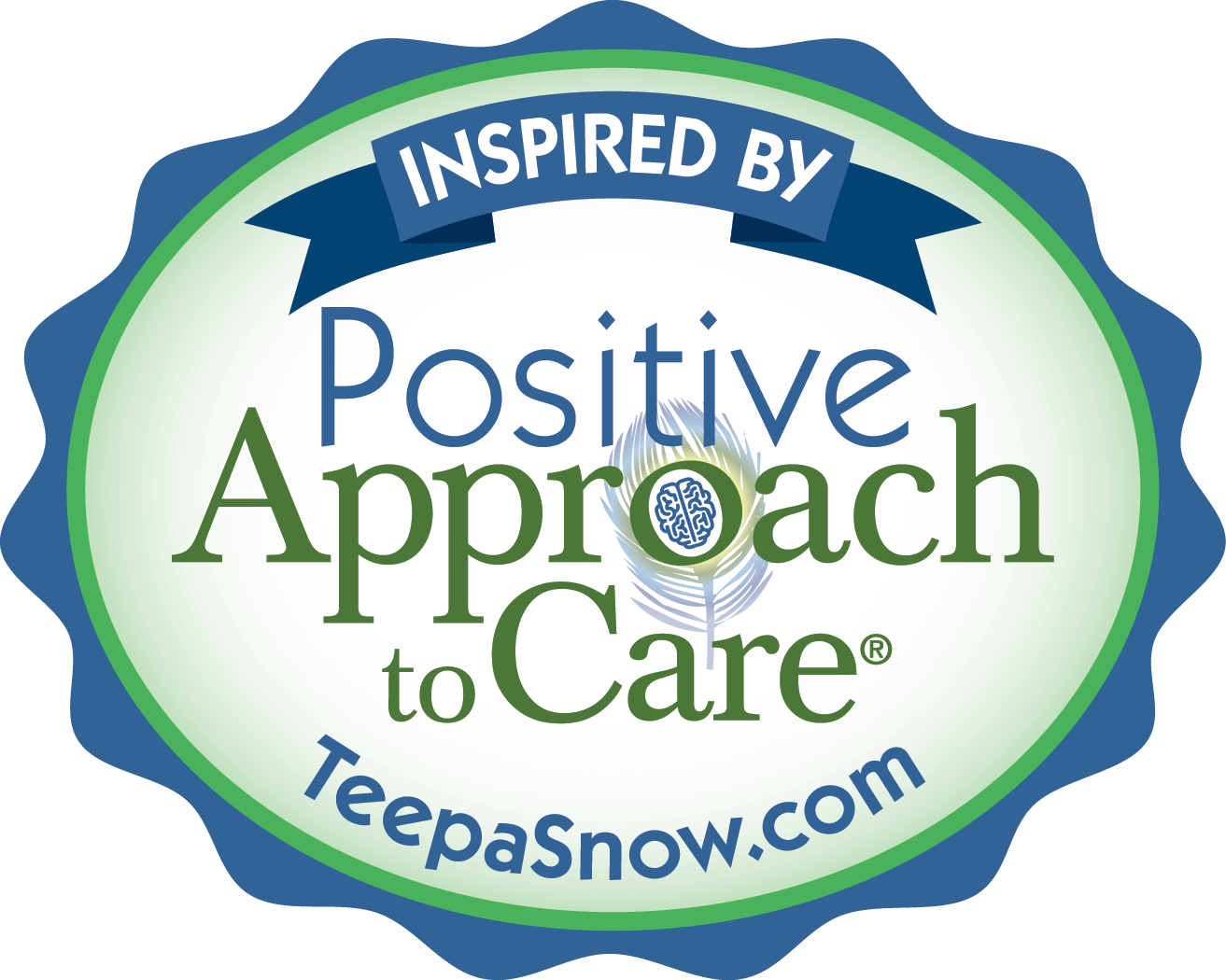Mental Illness and Dementia: How to Tell the Difference
How cognitive decline can effect mental health When it comes to mental illness and dementia, people commonly think dementia is a particular type of mental illness. That’s understandable, since both of these can manifest in similar ways, but there are crucial differences to understand so you can provide the best
10 Possible Signs of Mental Illness in Your Elderly Loved Ones
Undiagnosed mental illness in seniors increases suicide risk Learn to spot possible signs of mental illness in elderly loved ones so you can help them receive the support they need to thrive. According to the Centers for Disease Control, 20 percent of people over 65 experience some form of mental
Celebrity Bruce Willis Receives Dementia Diagnosis
Diagnosis comes less than a year after retirement due to aphasia The family of celebrity Bruce Willis revealed the actor received a diagnosis of dementia. Less than a year before, 67-year-old Willis announced his retirement from acting as he was suffering from aphasia. Aphasia is a disorder, which affects communication,
For Families: Tips for Communicating with Professional Care Partners
Doctors and other healthcare professionals make up the heart of critical care for your loved one living with dementia. They work together with family, friends, and other trusted individuals to provide support during the patient’s life with the disease. It’s imperative that the dementia patient’s family develop and maintain clear
Sensory Overload And Dementia
Think about what happens when you have too much going on at one time. The TV’s blaring. Kids are asking permission to do things you’d rather they didn’t. The phone’s ringing and you’re getting a text. And you only have another 30 minutes to get dinner ready. Pretty overwhelming, isn’t
Grief Is A Thing
One typically doesn’t associated grief with someone who’s still living, and caregivers of Persons Living With Dementia my find themselves surprised at how they experience sudden feelings of grief. It’s a common occurrence. Because even though you may not have physically lost a loved one or a patient, you do



